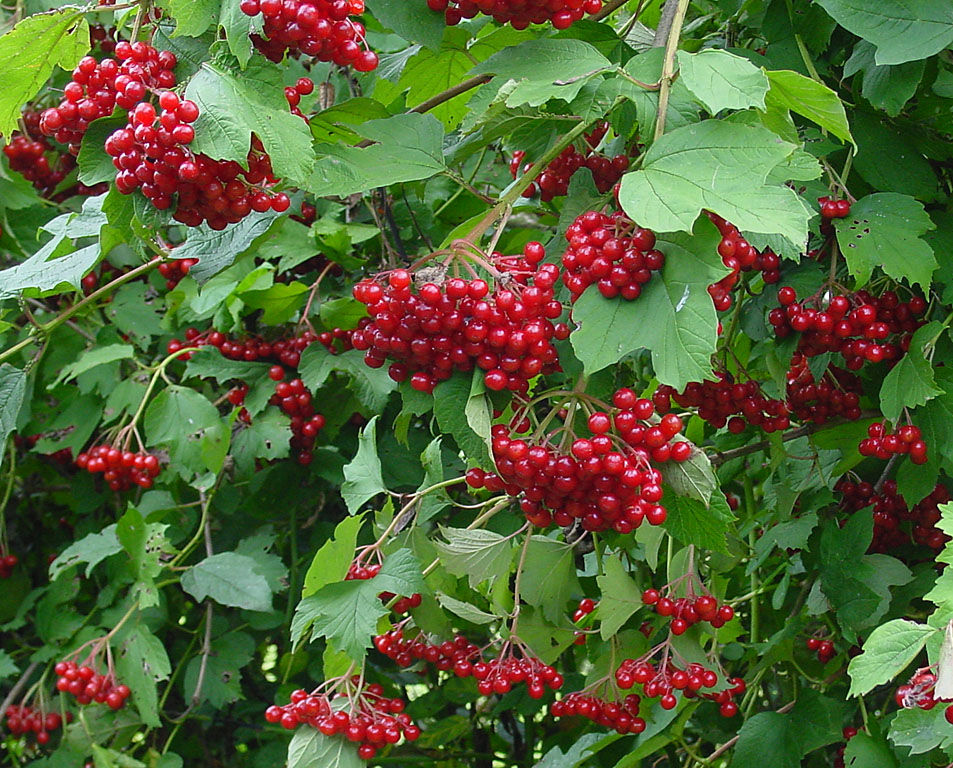Creating a Natural Privacy Fence in Shady, Deer-Prone Areas
- Marcus Bergin

- Aug 11, 2024
- 4 min read
Updated: Aug 12, 2024
A members question from are Facebook Group - Shade Gardening
"I’m wondering if anyone might have some suggestions for me. I’m in WI about an hour north of Milwaukee in a community with lots of trees, shade and DEER! We’ve been trying to put in a natural fence in our backyard that will give us privacy from the neighbors in back. We would love something that would be 6-8 ft tall. It is almost totally shady back there. We’ve tried a number of ornamental grasses that grow tall in the sun (and the deer don’t eat them) but not in the shade. I’m unaware of varieties that grow that tall in shade."
If you're looking to create a natural privacy fence in a shady area, especially one that’s prone to deer browsing, it can be challenging to find the right plants. You need options that not only thrive in low light but also grow tall enough to offer privacy and are resistant to deer. Fortunately, there are several shrubs and plants that meet these criteria, ensuring you can achieve a lush, green barrier without constantly worrying about deer damage.

Key Considerations for Plant Selection
Shade Tolerance: Since your area is heavily shaded, it’s essential to select plants that can thrive with limited sunlight. Full-shade plants typically require less than three hours of direct sunlight per day.
Deer Resistance: Deer can quickly destroy your privacy hedge if you don’t choose plants that they generally avoid. Look for plants with tough, prickly, or aromatic foliage, which deer tend to dislike.
Height and Growth Habit: To achieve the privacy you desire, you'll need plants that can grow to at least 6-8 feet tall. Consider both the mature height and width of each plant to ensure adequate spacing and coverage.
Top Plant Choices for a Shady, Deer-Resistant Privacy Fence
Here are some of the best plant options that fit all the criteria:
Yew (Taxus spp.)
Varieties: 'Hicksii' (Hick's Yew), 'Densiformis' (Dense Yew)
Height: 6-10 feet
Light Requirements: Partial to full shade
Deer Resistance: High
Description: Yews are evergreen shrubs that are ideal for creating dense, year-round privacy screens. They have dark green needles and tolerate heavy pruning, allowing you to shape them as needed. Yews are also notably resistant to deer, making them a reliable choice for areas with heavy deer pressure.
American Holly (Ilex opaca)
Height: 6-8+ feet
Light Requirements: Partial shade to full shade
Deer Resistance: High
Description: American Holly is a native evergreen shrub with dense, spiny foliage that provides excellent privacy. The glossy, dark green leaves are not only attractive but also deter deer. In the winter, the shrub produces bright red berries, adding a touch of color to your landscape.

Viburnum (Viburnum spp.)
Varieties: 'Viburnum trilobum' (American Cranberrybush), 'Viburnum dentatum' (Arrowwood Viburnum)
Height: 6-10 feet
Light Requirements: Partial shade to full shade
Deer Resistance: Moderate to High
Description: Viburnums are versatile shrubs that can thrive in various conditions, including shade. They offer dense foliage and clusters of white flowers in the spring, followed by vibrant berries in the fall. These shrubs are generally avoided by deer, especially when mature.

Boxwood (Buxus spp.)
Varieties: 'Green Mountain', 'Wintergreen'
Height: 6-8 feet (with time)
Light Requirements: Partial shade to full shade
Deer Resistance: Moderate
Description: Boxwoods are slow-growing evergreens known for their dense, compact form. While they may take time to reach the desired height, they are excellent for creating a solid hedge. Their leathery leaves are not a favorite of deer, especially when mature.
Clethra alnifolia (Summersweet)
Height: 6-8 feet
Light Requirements: Partial shade to full shade
Deer Resistance: Moderate
Description: Summersweet is a deciduous shrub that performs well in shady, moist conditions. It is known for its fragrant white or pink flowers that bloom in the summer, attracting pollinators. While it may not be as deer-resistant as the other options, its unique features and adaptability to shade make it worth considering.

Planting and Maintenance Tips
Spacing: When planting your shrubs, make sure to space them according to their mature width to avoid overcrowding. This will ensure each plant has enough room to grow and fill in your privacy fence.
Soil Preparation: Amend the soil with compost or organic matter to improve drainage and fertility. Most of these shrubs prefer slightly acidic to neutral soil.
Watering: Keep the plants well-watered, especially during the first few years, as they establish their root systems. Mulching around the base of the plants will help retain moisture and reduce weeds.
Pruning: Regular pruning will help maintain the desired height and shape of your privacy fence. For evergreen shrubs like yew and holly, late winter or early spring is the best time for pruning.
Deer Deterrence: While these plants are resistant to deer, no plant is completely deer-proof. In times of food scarcity, deer may still nibble on them. Consider using deer repellents or installing physical barriers, especially during the winter months.
Final Thoughts
Creating a natural privacy fence in a shaded, deer-prone area is definitely possible with the right plant selections. By choosing shade-tolerant, deer-resistant shrubs like yew, American holly, viburnum, boxwood, and summersweet, you can achieve a beautiful, low-maintenance hedge that provides privacy and enhances your landscape.
Happy gardening! 🌳🦌




Thank you! I am needing this very thing.